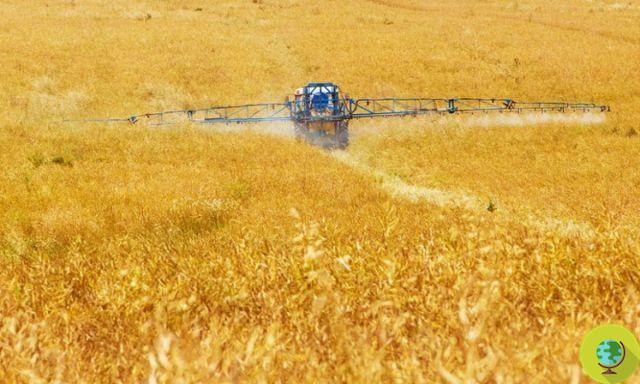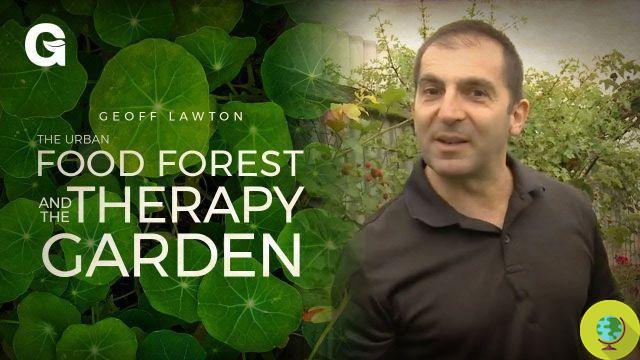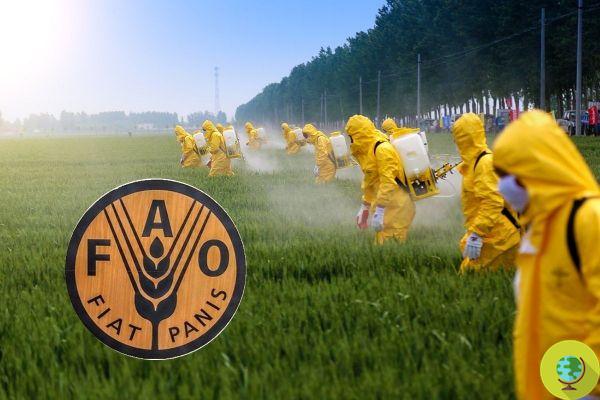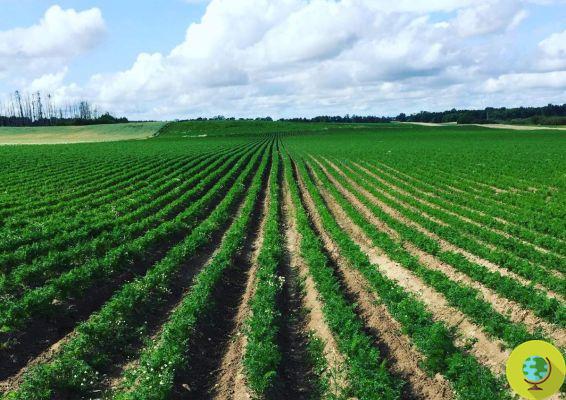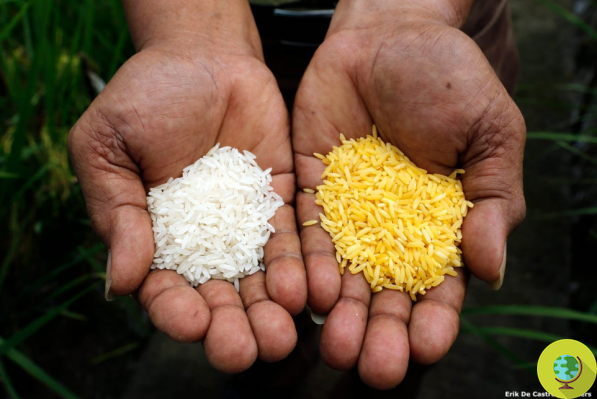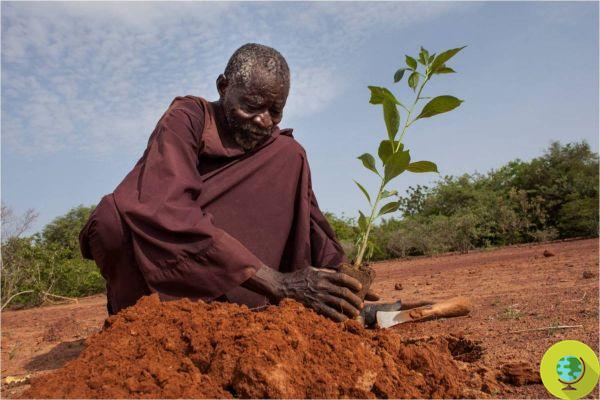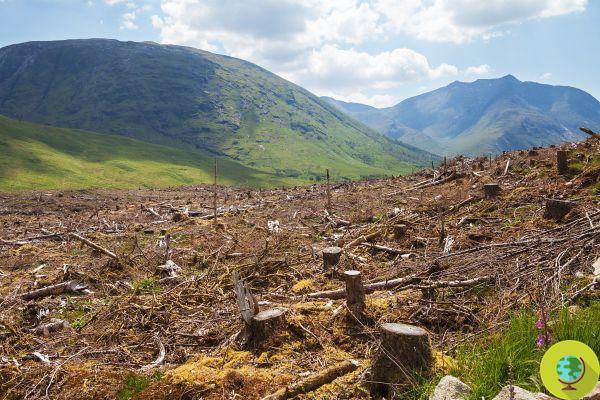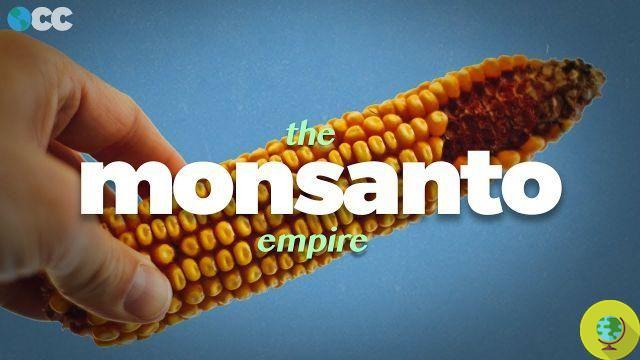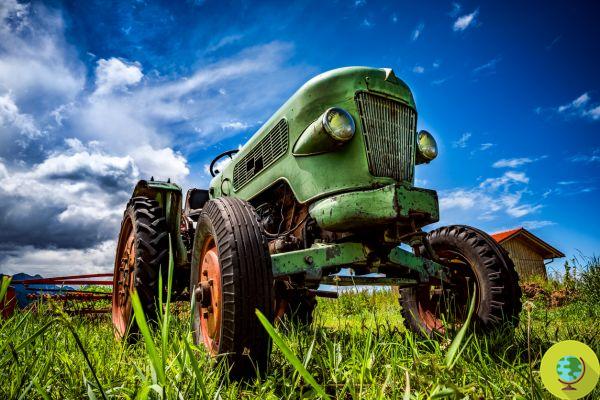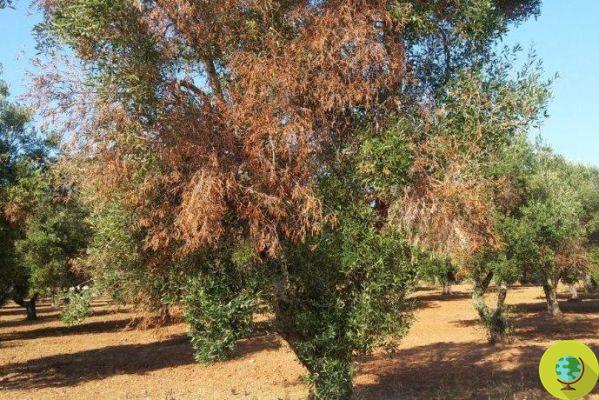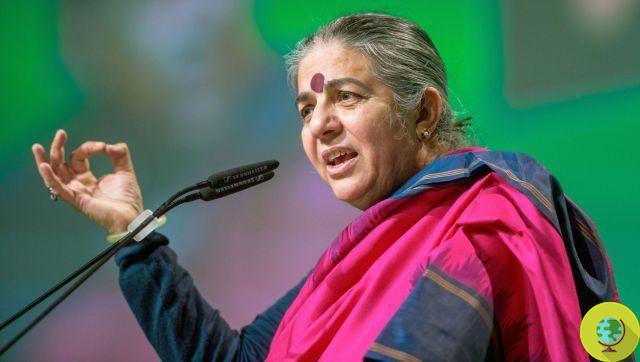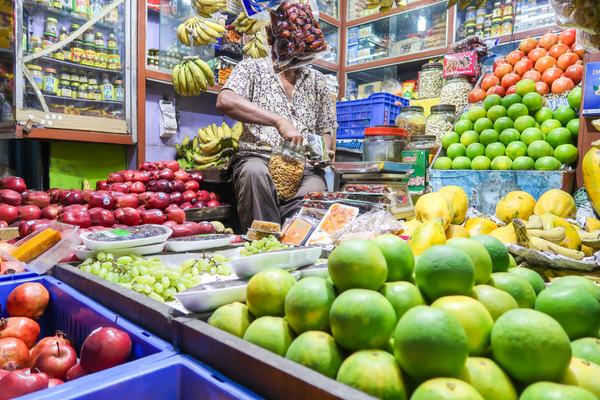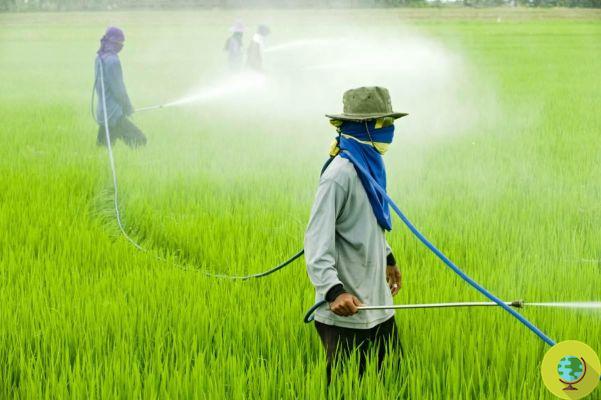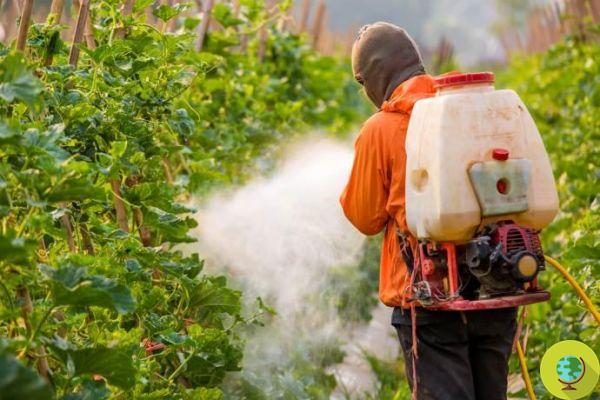Colombia is the first country in Latin America to commit to producing cocoa without deforestation and the third in the world to have embarked on this virtuous path
He is about to end up run over, his mother saves himColombia is the first country in Latin America to commit to producing cocoa without deforestation and the third in the world to have embarked on this virtuous path.
The Colombian government - together with the country's two main cocoa companies, Casa Luker and Compañía Nacional de Chocolates and the National Cocoa Federation - has pledged to produce “peaceful” cocoa without damaging the forests in any way. By 2020, it will eliminate deforestation from the entire supply chain.
Colombia has joined the Cocoa and Forests initiative, a global effort to ensure deforestation-free cocoa. The effort will be supported by the World Resources Institute (WRI) and the Sustainable Trade Initiative (IDH).
The governments of Ghana and Côte d'Ivoire, responsible for 60% of the world's cocoa production, were the first two governments to sign and implement the agreement in 2017. Today, Colombia becomes the first country in the Latin America to join the "Initiative for cocoa, forests and peace", also underlining the role of cocoa in promoting the historic peace process, thanks to the possibility of providing employment to farmers and communities previously involved in conflicts.
The Colombian cocoa sector is growing rapidly. This crop has been identified as a priority for agricultural growth, both for domestic consumption and for international export. Most of the cocoa production in Colombia has the characteristics of “Fino de Aroma” cocoa, a classification highly appreciated in the international market.
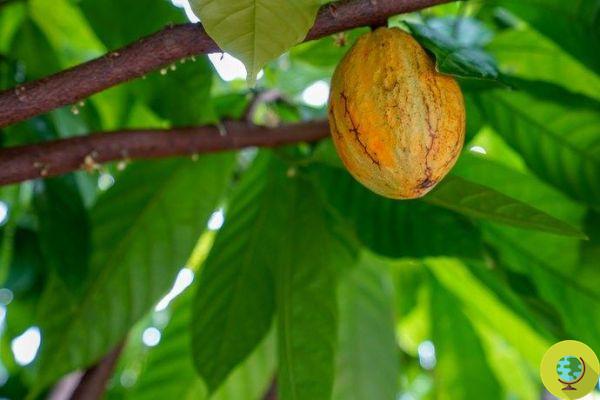
"Colombia is proud of the quality of the cocoa it produces, as well as its contribution to economic growth, rural employment, deforestation and restoration of degraded land," said Juan Guillermo Zuluaga, Minister of Agriculture and Rural Development. Colombian.
The deforestation of Colombia is increased quickly since the conclusion of the peace process, as remote rural areas - once off-limits - have seen rapid expansion of agriculture and livestock, resulting in land speculation.
According to data from the Global Forest Watch and the National Meteorological Institute (IDEAM), the Latin American country saw a 46% increase in tree cover loss in 2017, double that of 2001-2015. , but thankfully it is taking significant steps to reverse this trend. For example, the government canceled a major highway project linking Venezuela and Ecuador, demolished several illegal roads and launched the Green Belt initiative to protect and restore a 9,2 million hectare forest corridor.
Colombia is committed to restore 1 million hectares of degraded land in its national development plan.
"Restoration not only contributes to climate change mitigation, but also offers a wide range of benefits, including rural welfare and employment, increased food security, soil and water conservation, biodiversity protection and resilience to climate change ”reads the initiative's website.
“The Colombian government is doing everything it can to reduce the high rates of deforestation that followed the peace process. With the support of the international community and responsible business, my country is making significant progress towards meeting its commitments to end deforestation. Cocoa is a key part of this effort, ”said Luis Gilberto Murillo, Colombian Minister of the Environment and Sustainable Development.
Richard Scobey, president of the World Cocoa Foundation, added:
“The WCF congratulates the Colombian government and other stakeholders on their commitment to end cocoa-related deforestation in Colombia. We are delighted to support this initiative and, together with our members in the global chocolate and cocoa sector, we will remain a trusted partner in ensuring the sustainability of cocoa, the health of the planet and the prosperity of cocoa farmers around the world. "
Well done Colombia! May it be an example for other countries of the world!
READ also:
- How the illegal cocoa used by multinationals is destroying the forests of the Ivory Coast
- Cocoa, from bean to chocolate: the legend of the feathered snake, history and curiosity
- The dark secret of chocolate: how it's killing the rainforest
Francesca Mancuso




